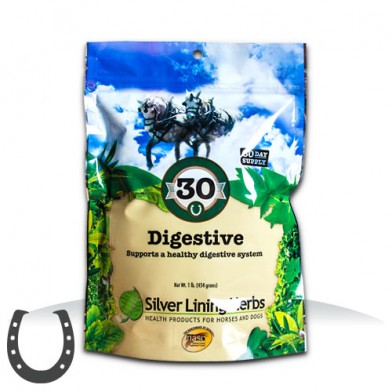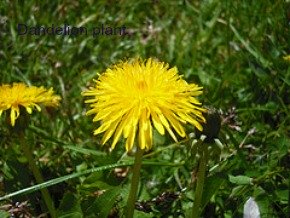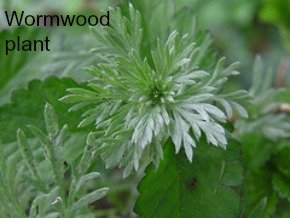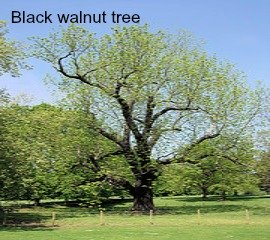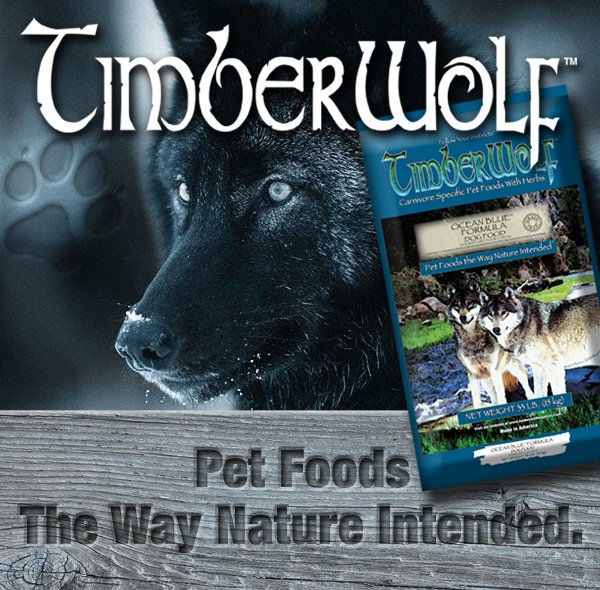Colic In horses Is Real problem!
Colic in horses is a problem for good reason.
The design of the horses, intestinal tract often makes it vulnerable to colic because the intestinal tract often has problems getting back to the original position.
In mammals, the intestinal tract includes the stomach, small intestine, the large intestine and is small colon.
The stomach of a horse can only d digest small as amounts of food, because no food is absorbed through the stomach.
Acid from the stomach helps break down food particles.
Digestion really occurs only when the food is moved to the small intestine, where enzyme called pepsin starts breaking down the food particles.
Once in the small intestine, it becomes liquid feed material with the assistance of the pancreas, or sugar and starch is absorbed from plants.
The small intestines also absorbs vitamins A, B, E, and K, as well as calcium and phosphorous.
Stomach Functions Of Horses!
The stomach of a horse is a J shaped organ that varies and how much holds, from 8 to 15 liters. There are two different types of lining of the stomach. The non-glandular is a halfway into the stomach. It does not possess acids or digestive enzymes.
The glandular section produces acid in the enzyme pepsin, which breaks down food. Unfortunately, artificial diet effective horses, intestinal tract, causing a in balance, digestive system, then function badly.
Horses be concentrating diets over a long period of time can lead to the development of ulcers. Studies have shown that a horse must be on pasture grasses for proper absorption of sugar and starch. Here, it also is wise not to feed a horse or the 5 pounds grain are concentrated meals.
I horse should not consume more than 10% fat in your diet..
Digestion In The Horse!
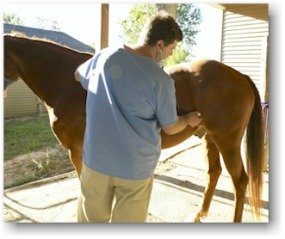
Horse fights digestive problems, when there are space limitations that would concentrate feed your giving in and proper times. Using process forage and reduce assess to pasture will also cause problems.
Horses, not that the eat a artificial diet, as with current feeding practices.
The horse inanities not that different from other animals, but it's organization and physiologic function differ from other animals. It is similar to cows, which have a fore stomach. Horses are very dependent on dietary fiber.
I can mentioned before, on the other page, dental problems to colic problems. A horses teeth must be normal, so that can digest feed probably without choking.
Diet to inadequate hay or pasture forage will risk of the development of gastric ulcers.
Problems will intensify if the horse is fed concentrated Be OS, it cannot delay a graze between meals. This will cause the stomach to fail to absorb the gastric juices, and culture can occur.
Risk in Colic In Horses!
Colic in horses can lead to many other painful problem for the animal.
Research has indicated that it can cause Laminitis (a very painful for problem) and Endotoxemia, a condition in which toxins release from the dying bacteria (cell walls) within the body and into the blood.
To prevent colic, use only quality hay and feed.
In order to best help your horse with the pain of Colic, I recommend using Digestive support of the Equine category.
Learn more by Clicking on image to the right to take advantage of all store options.
